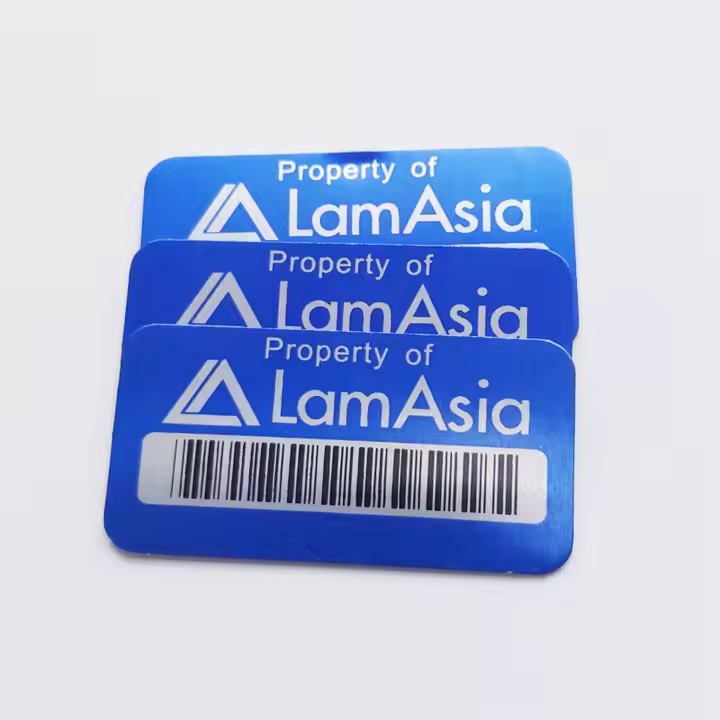

Introduction
Brass and copper tags are widely used in various industries for labeling, identification, and decorative purposes. Although both metals have similar appearances and share some properties, they have distinct differences that affect their performance, durability, and applications. This article provides a comprehensive comparison of brass tags and copper tags to help you make an informed choice.
What Are Brass Tags?
Brass is an alloy primarily composed of copper and zinc. The addition of zinc enhances brass’s strength and corrosion resistance compared to pure copper. Brass tags are popular for their golden-yellow color, durability, and resistance to tarnishing, making them ideal for industrial and decorative applications.
What Are Copper Tags?
Copper tags are made from pure copper or copper-rich alloys. Copper is known for its excellent electrical conductivity, malleability, and distinctive reddish-brown color. Copper tags offer superior corrosion resistance in some environments but are generally softer and more prone to scratches than brass.
Key Differences Between Brass and Copper Tags
| Feature | Brass Tags | Copper Tags |
|---|---|---|
| Composition | Copper + Zinc alloy | Pure copper or copper alloys |
| Color | Golden yellow | Reddish brown |
| Strength | Higher strength and hardness | Softer and more malleable |
| Corrosion Resistance | Good, especially against tarnish | Excellent in some environments |
| Cost | Generally more affordable | Slightly higher cost |
| Applications | Industrial tags, decorative items | Electrical, artistic, and antique |
Advantages of Brass Tags
-
Durability: Brass tags resist wear, impact, and tarnishing better than pure copper.
-
Aesthetic Appeal: The warm golden color is often preferred for decorative and premium industrial labels.
-
Corrosion Resistance: Brass withstands outdoor and industrial environments effectively.
-
Cost-Effective: Usually less expensive than pure copper tags, making them suitable for large orders.
Advantages of Copper Tags
-
Electrical Conductivity: Ideal for electrical equipment tagging due to excellent conductivity.
-
Unique Appearance: The rich reddish-brown tone develops a beautiful patina over time, valued in art and crafts.
-
Malleability: Easier to shape or emboss for custom designs.
-
Natural Antimicrobial Properties: Beneficial in medical and food-related industries.
Which One Should You Choose?
Your choice between brass and copper tags depends on the specific application:
-
For industrial labeling and long-term durability, brass tags are often preferred due to their toughness and corrosion resistance.
-
For electrical applications or decorative purposes, copper tags may be more suitable because of their conductivity and aesthetic qualities.
-
Budget, desired appearance, and environmental conditions should also guide your decision.
Conclusion
Both brass and copper tags offer unique benefits tailored to different needs. Understanding their differences helps you select the right metal tag that balances durability, appearance, and cost effectively. If you are looking for custom brass or copper tags, consult with a reliable manufacturer who can guide you through material choices and production processes.




